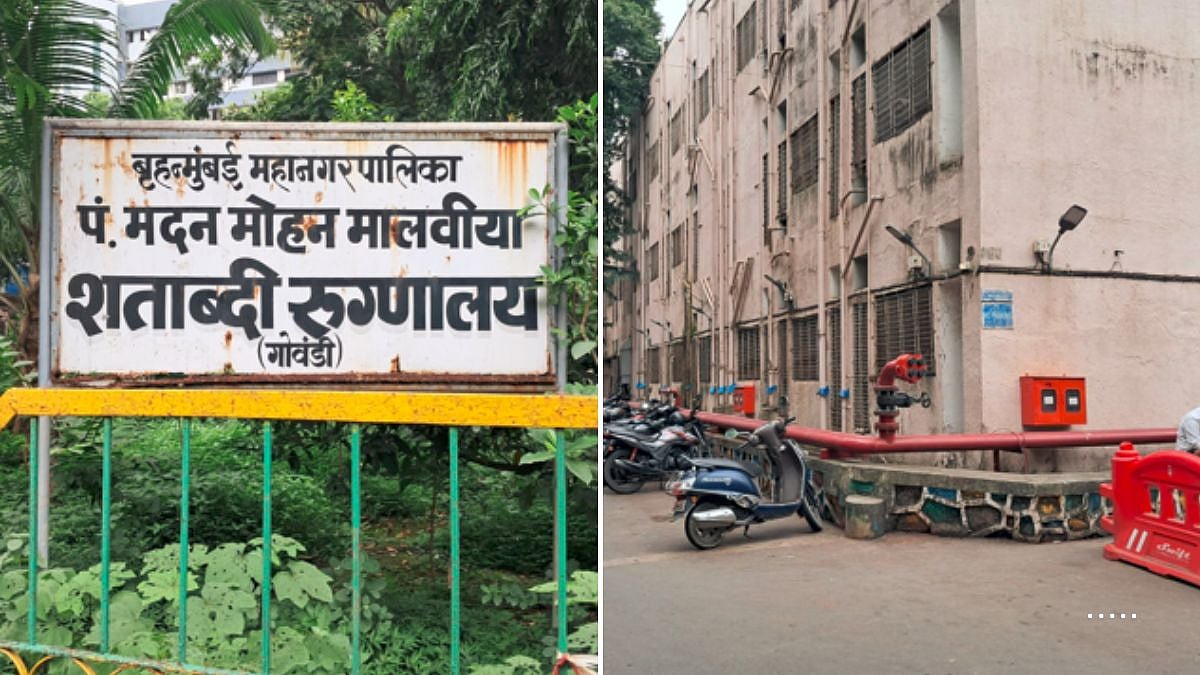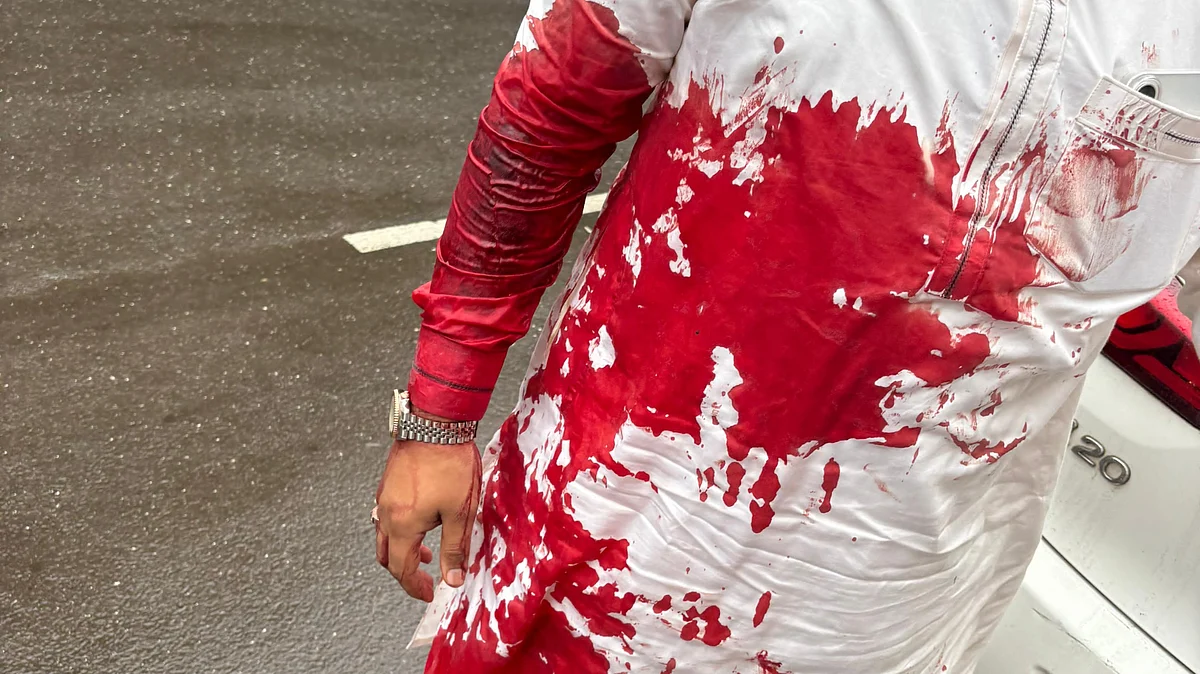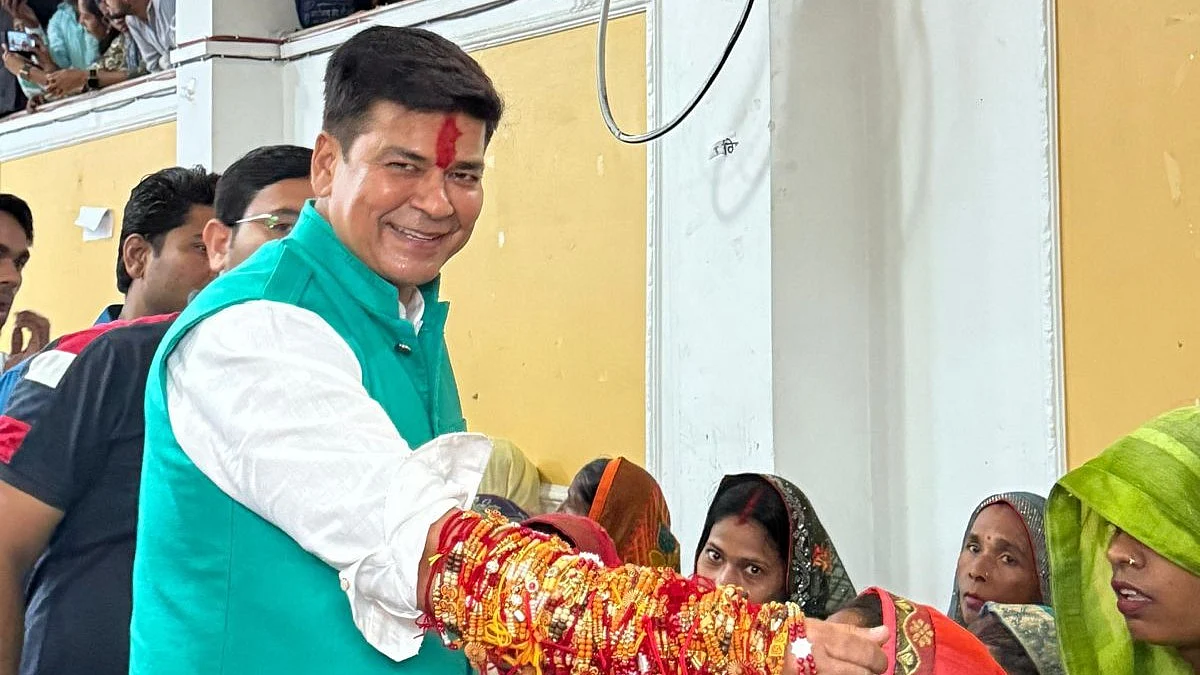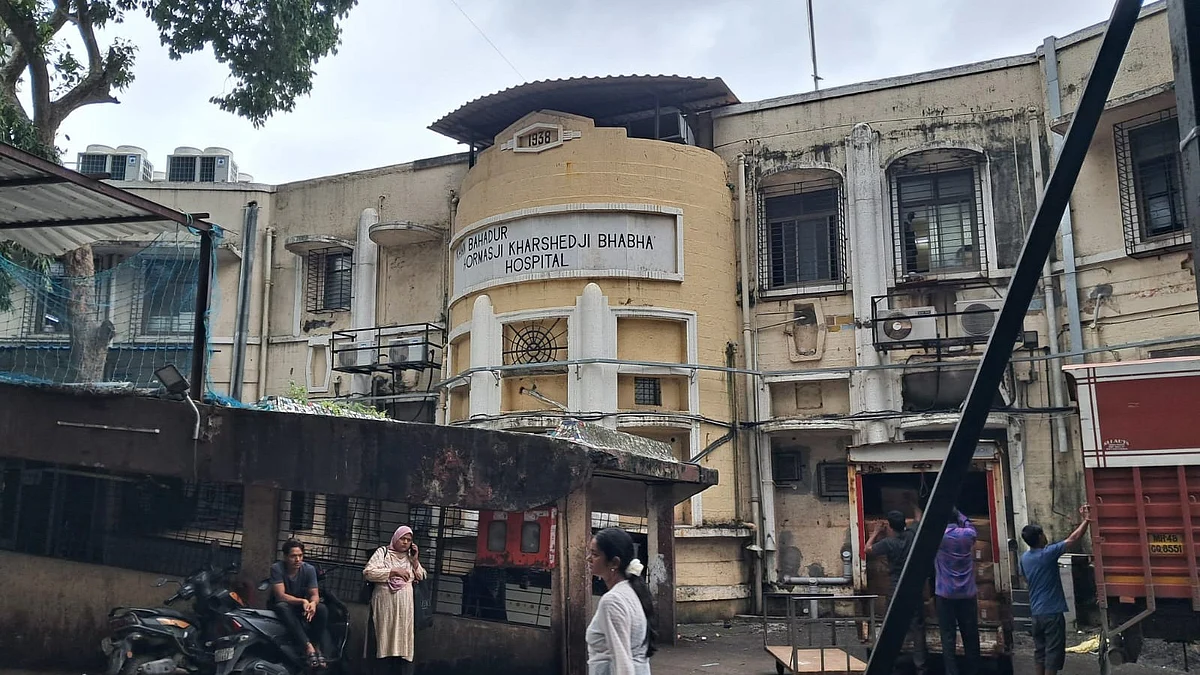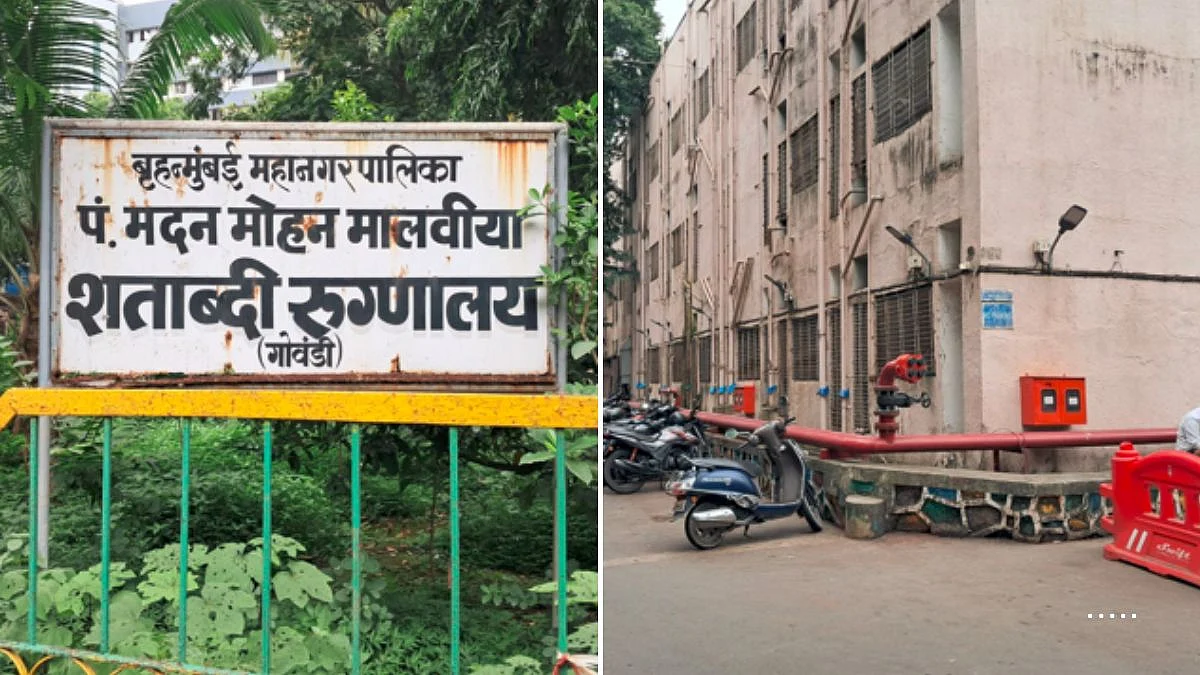Mumbai: In December 2024, Ruksana Siddiqui, an active former corporator, exposed a shocking incident at Pandit Madan Mohan Malaviya (Shatabdi) Hospital, Govandi. During her visit as a patient, she discovered that a male sweeper was performing ECG tests, a task meant for qualified medical professionals. Following her revelation, the hospital discontinued its ECG services.
Recently, patients have reported frequent closures of the ECG service, with referrals to Rajawadi Hospital in Ghatkopar or Sion. Siddiqui highlighted that many hospital services are either closed or outsourced by the civic body, leading to a sharp deterioration of services. "A visit to the hospital reveals the whole story," she emphasized, noting that critically ill pregnant women are often redirected to Rajawadi, KEM, or Sion hospitals at the last minute due to Shatabdi's inadequate facilities.
Complaints of referring patients to other civic or state-run hospitals has become a common practice at Shatabdi Hospital. Faiyaz Shaikh, a social worker attached to Govandi Resident Welfare Association (GRWA) said the hospital refuses to admit patients suffering from various ailments even if there is little high blood pressure. He added that there were instances when patients were asked to get MRI or CT scans done at a private centre. CT scan facility is available on PPP model. But patients complained that they were asked to get it done outside.
For residents of slum areas such as Bainganwadi, Shivaji Nagar, Govandi, Mankhurd, and Trombay, Shatabdi Hospital is the only available BMC medical facility. Over 600 to 700 people visit its OPD daily, and many are admitted based on their ailments. But for the past several months, patients have had to buy medicines from private medical shops near the hospital. A majority of the patients spoken to by FPJ complained that rarely all medicines are available at the hospital as a result of which they are forces to buy them from chemist shops outside. They have to buy at least one or two medicines of the total number of prescribed medicines from outside. In many cases, they have to buy most of the medicines from outside. The hospital has 210 beds, including 10 beds each for ICU and MICU. However, ICU beds are shut since February 2025 due to shortage of doctors.

In April 2025, patient Avinash Shirgaonkar died after being denied even a basic catheterization for acute urinary retention at this hospital. The ICU was non-functional, and no doctors were available. This delay caused his condition to worsen severely before he could reach another hospital.
Several such cases highlight how the hospital’s crumbling infrastructure has endangered patients.
“Incidents of brawls and physical assaults have also been reported here. In January 2025, a doctor on night duty faced verbal abuse and attempted physical harassment from patients who had been denied admission. The police had to be called, and an FIR was registered,” said a hospital staff member, requesting anonymity, adding that such incidents occur due to the lack of medical facilities.
Worse still, women coming in for deliveries are being told to purchase everything from surgical tools to medicines and injections from outside.
Shamim Khan, the mother of Anaya Khan—who was admitted for delivery—said she had to purchase all the surgical items required for a C-section from outside. This included injections, hand gloves, and even saline bottles, costing her around Rs 2,500. “Patients here come from very poor backgrounds and cannot buy medicines and other items from private chemists. Who are we supposed to complain to?” she asked.
Another woman, Fatima Khan, whose pregnant daughter-in-law Afreen was admitted in the gynecology ward, said she had to buy blood transfusion tubes from an outside pharmacy, which cost Rs 300.
Similarly, Firoza Shaikh, who had brought her young daughter Aliva to the hospital with a high fever, said she had to wait nearly an hour for an X-ray as there was no staff present in the department. “The entire process is extremely slow and the hospital is overcrowded,” she complianed bitterly.
GRWA member Shaikh, who regularly assists patients with treatment procedures at the hospital, said the crisis is not new—it has been ongoing for years. “Many times, hospital staff declare a patient’s condition as serious and advise families to get urgent tests done at private centers, either because the in-house facilities aren’t working or the waiting time is too long. Even going to other civic-run hospitals doesn’t help in such cases. Families are left with no choice,” she said.
Siddiqui said that while the Brihanmumbai Municipal Corporation (BMC) is spending crores on the Aapli Chikitsa dispensary scheme, it appears to have no funds to maintain existing hospitals. “Most of the equipment at Shatabdi Hospital is outdated. I raised this issue with the civic chief in a recent meeting,” she said, adding that it seems there is a plan to completely privatise the hospital.
When FPJ spoke to the medical officer Dr Jayanath Chinkund charge about the ICU facilities, he initially claimed there was no problem. However, when confronted with the current situation, he declined to comment, stating he was not authorised to speak. Attempts to reach the head of the Secondary Healthcare Services Dr Chandrakant Pawar, who is in charge of peripheral hospitals of the BMC, were in vain.
